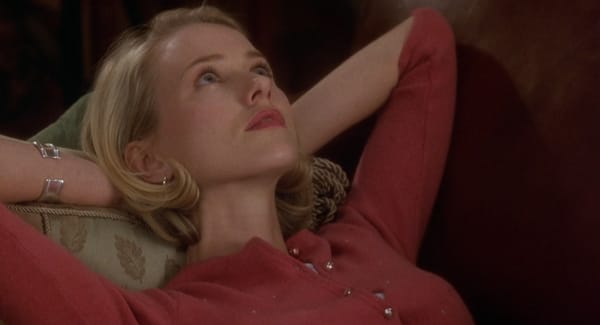Friday Film Housecleaning
Catching up with movies new and old: "All the Beauty and the Bloodshed," "The Whale," del Toro's "Pinocchio," and more.

’Tis the season: Do you have a movie fanatic in the house or on your holiday gift-giving list? Someone who’s up on all the latest releases and festival buzz, loves the classics, does deep dives into genres and director filmographies? Or maybe only wants something to watch on a Friday night and gets brain-freeze from looking at the Netflix on-demand menu? A gift subscription to Ty Burr’s Watch List might be just the ticket to say “I see you, I love you, and I want to watch something good with you.”
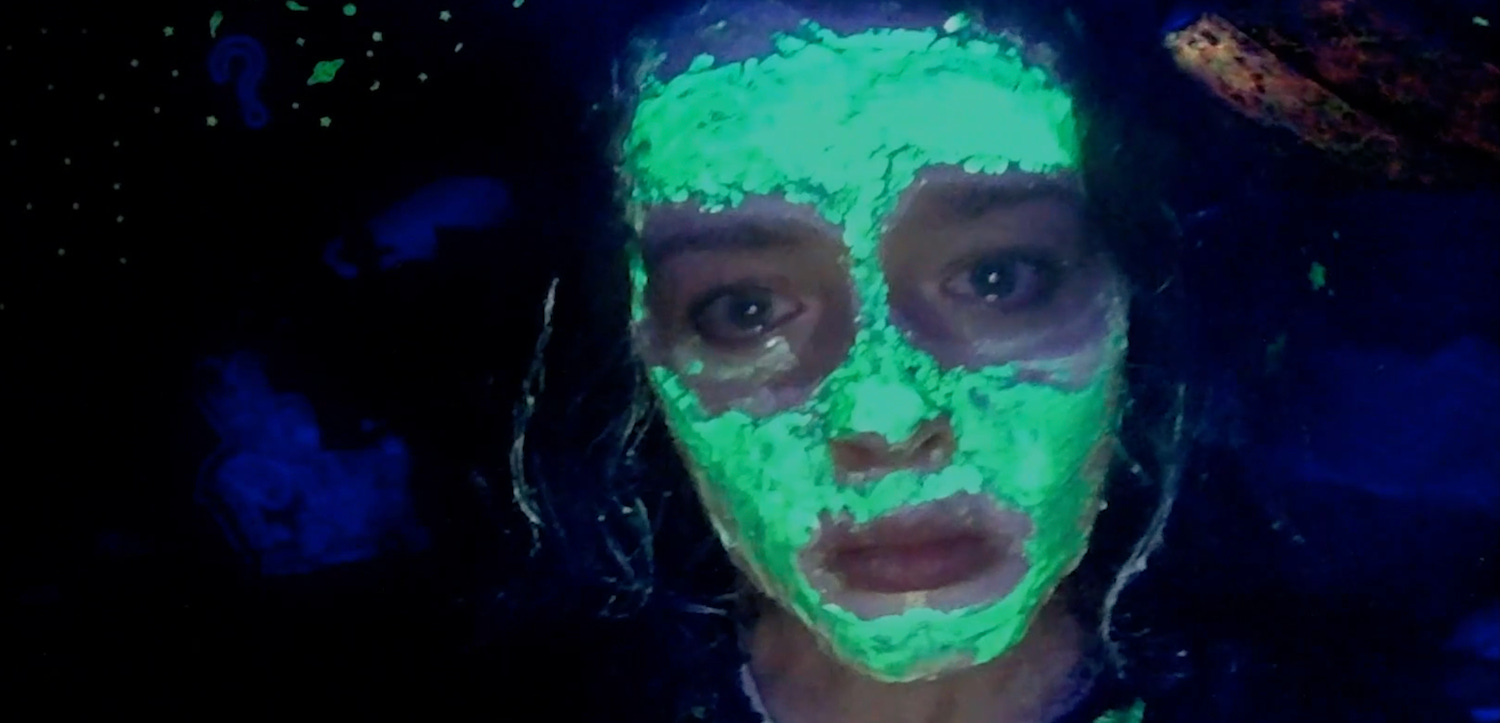
You will have to excuse a fairly hectic Friday roundup of releases new and old, as Sunday is the annual meeting of the Boston Society of Film Critics, and I’m racing to screen all the 2022 movies that might be part of the voting discussion but that I still haven’t yet seen. (The National Society of Film Critics, the other group to which I belong, doesn’t meet until the first week of January.) So the other night I finally caught up with “We’re All Going to the World’s Fair” (above, ⭐ ⭐ ⭐, streaming on HBO Max, for rent on Amazon, Apple TV, and YouTube), a spooky little no-budget labor of love that has been gathering whispers of admiration and support since surfacing at Sundance way back in January. I say “whispers” because Jane Schoenbrun’s striking first feature could be the first movie to rise out of the ASMR video subculture and aesthetic (follow the link if you have no idea what I’m talking about): a hushed Internet-era ghost story about an adolescent girl (Anna Cobb, remarkable) who gets drawn into an online game that may or may not be causing her to lose her mind. It’s a tale of otherness that’s mostly told in the gaps within its narrative, meaning I feel like I absorbed "We’re All Going to the World’s Fair” at a subcutaneous level and will be feeling its effects for some time to come. It’s also a movie that I think will speak most eloquently to viewers under 30 and/or anyone who knows what the word “creepypasta” means and perhaps not at all to audiences over 50. (The trailer makes it look more like a horror movie than it actually is, but I guess that’s what trailers are meant to do.)

I followed that up with “All the Beauty and the Bloodshed” (⭐ ⭐ ⭐ 1/2, now in theaters), Laura Poitras’s vibrant, uncompromising documentary about artist-activist Nan Goldin, whose photographs defined New York’s 1980s demimonde and who lived the life she catalogued; as one person here says, “She photographed us from our side.” Poitras’s earlier features, 2014’s Oscar-winning “Citizenfour” and “Risk” (2016), were about Edward Snowden and Julian Assange respectively, and she approaches Goldin as a similar cultural troublemaker; “All the Beauty” is split between the artist narrating an often-harrowing but deeply empathetic tour of her life, work, and circle of friends and subjects, and her current social jihad as an ex-opioid addict and founder of the organization Prescription Addiction Intervention Now (P.A.I.N.), which has waged a fairly successful campaign to have museums refuse funding from the Sackler family (of Oxycontin infamy) and remove their names from gallery walls. Poitras films the group’s protests at the Guggenheim Museum and the Met’s Temple of Dendur, eruptions of angry, artful conscience amidst institutional complacency, and you sense that Goldin, in her late 60s and several lifetimes of experience behind her, is just getting started. The movie won the Golden Lion at the Venice Film Festival and was the New York Film Critics Circle’s choice for best documentary, and it’ll probably factor in the Oscar race as well.
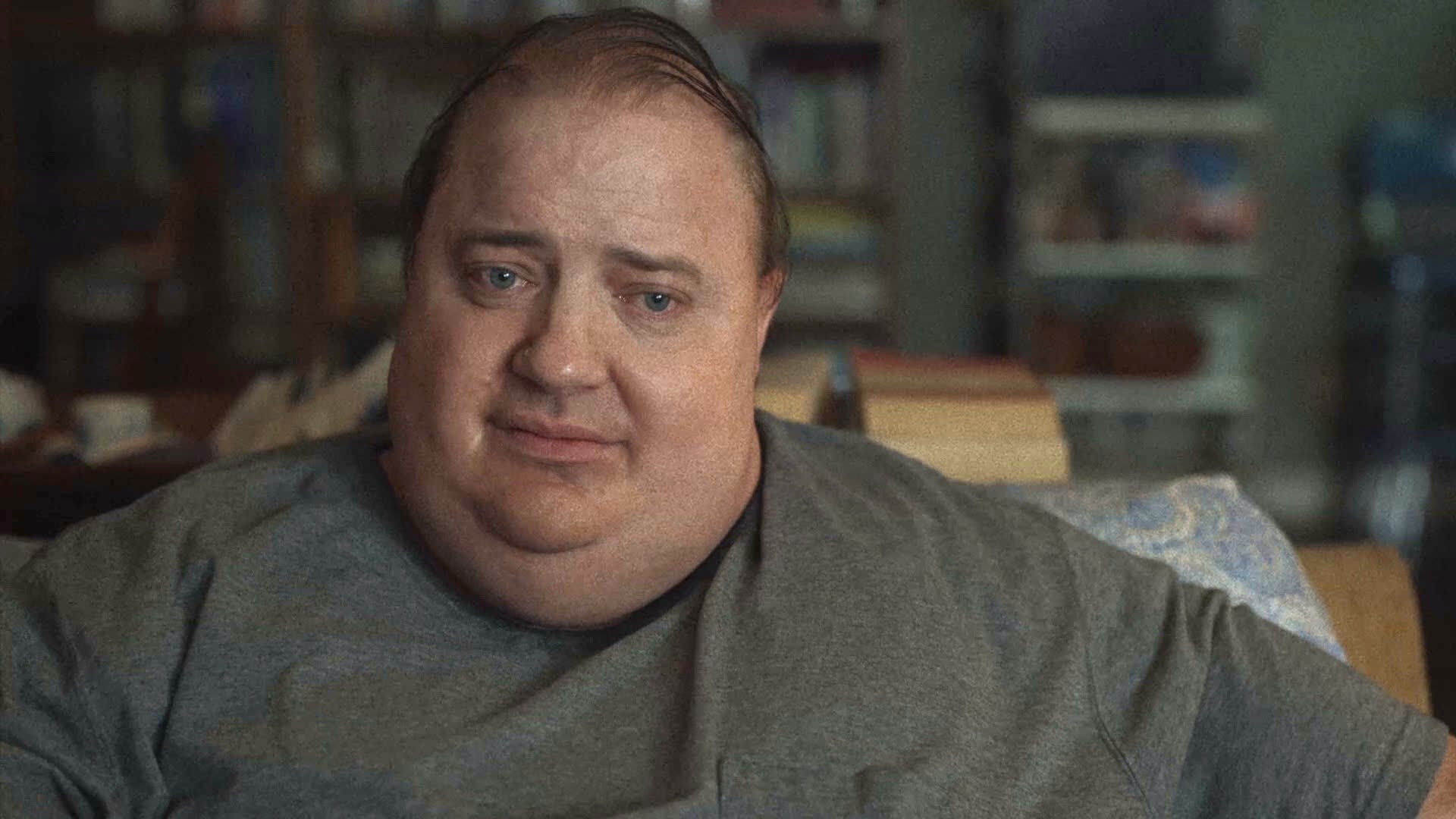
“The Whale” (⭐ ⭐ 1/2) opens in New York and L.A. today before going wide over the next few weeks; I wrote about it back in September from the Toronto Film Festival and will only reiterate that the return of Brendan Fraser is a somewhat better story than the film in which he returns. I also expect his wonderful co-star Hong Chau to be figuring in the Boston critics group’s Best Supporting Actress conversation. If you have a subscription to the Washington Post, you can read my recent essay on why star comebacks in general – and this one in particular – feel so oddly good.
Also opening in theaters this week is “Empire of Light,” the new Sam Mendes film about a movie theater in a sleepy 1980s seaside town, starring Olivia Colman in what is being described as yet another tour-de-force Colman performance. (That sounds snide, and it’s anything but; I’ve been a fan of this actress since seeing her in the scarifying “Tyrannosaur” in 2011.) So sue me, I haven’t watched this one yet; I’ll get back to you in a bit, but here’s the trailer.
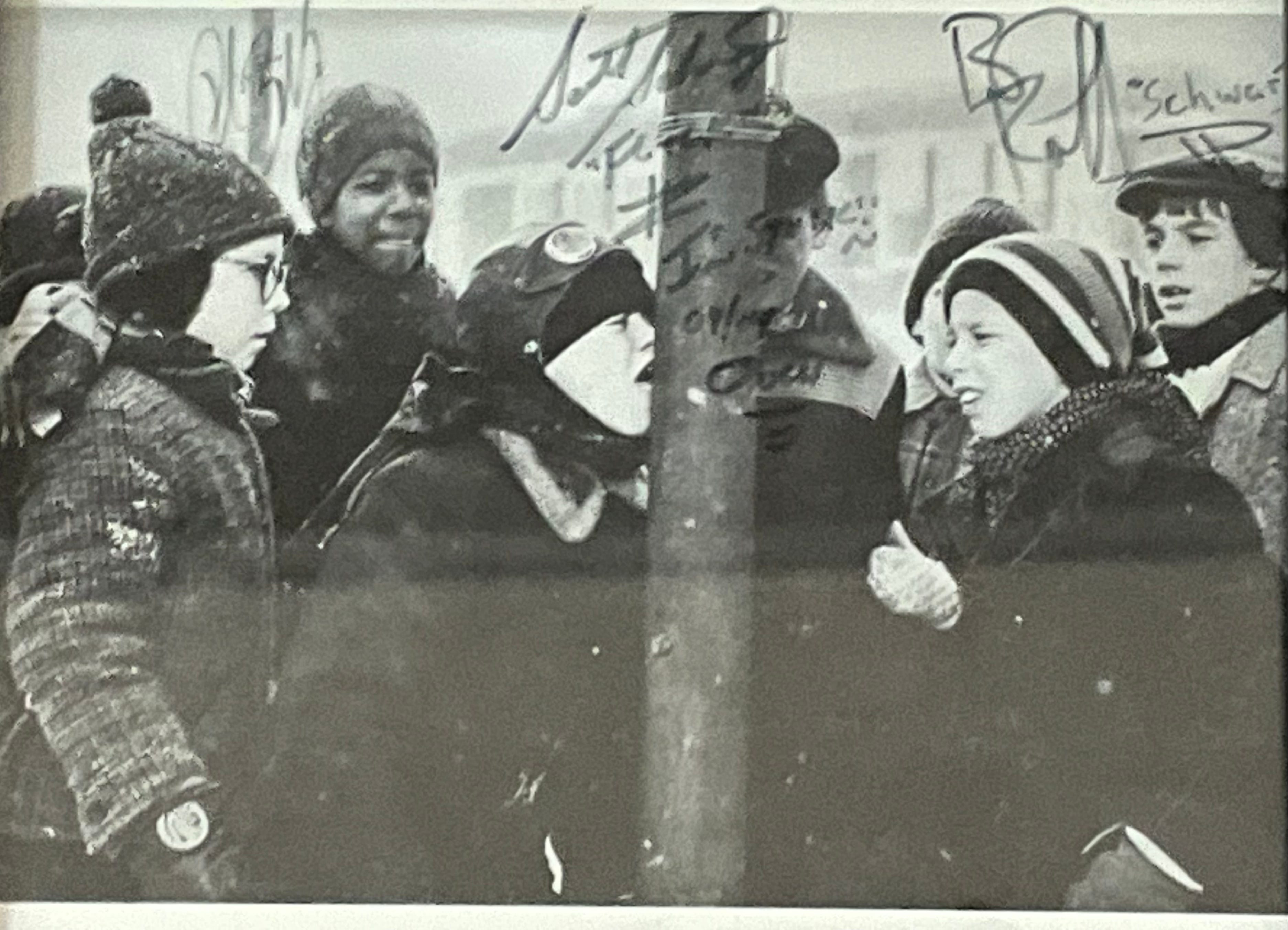
Arriving on Netflix is “Guillermo del Toro’s Pinocchio” (⭐ ⭐ ⭐) which is every bit the mash-up of esthetic sensibilities it sounds and is suitable for adventurous children and their parents. The 1883 Carlo Collodi novel has been un-Disneyfied (and un-Benigniated) into a hand-hewn stop-motion fable reminiscent of “Coraline” and similar fare; the animation director is Mark Gustafson, who did “The Fantastic Mr. Fox” for Wes Anderson. But it’s a del Toro movie all the way, giddy with moviemaking rapture and dark with undercurrents of fantasy and dreaming. The voice cast includes young Gregory Mann as the wooden-puppet boy, Ewan McGregor as his cricket conscience (named Sebastian rather than Jiminy), Tilda Swinton as (of course) an otherworldly creature, and – if the credits are to be credited – Cate Blanchett providing the screeches of a villainous sidekick monkey. And because it wouldn’t be a del Toro movie without an actual Fascist in it somewhere (viz., Sergi López in “Pan’s Labyrinth” and Michael Shannon in “The Shape of Water”), Ron Perlman voices the village’s local Blackshirt and Il Duce himself makes a comic appearance worthy of a WWII-era Warner Bros. cartoon. The whole thing feels like a folk tale carved from an Old World forest; it’s strange in the best possible way. (Note: Not to be confused with the other 2022 “Pinocchio,” a digitally-animated remake of the Disney version over on Disney+.)
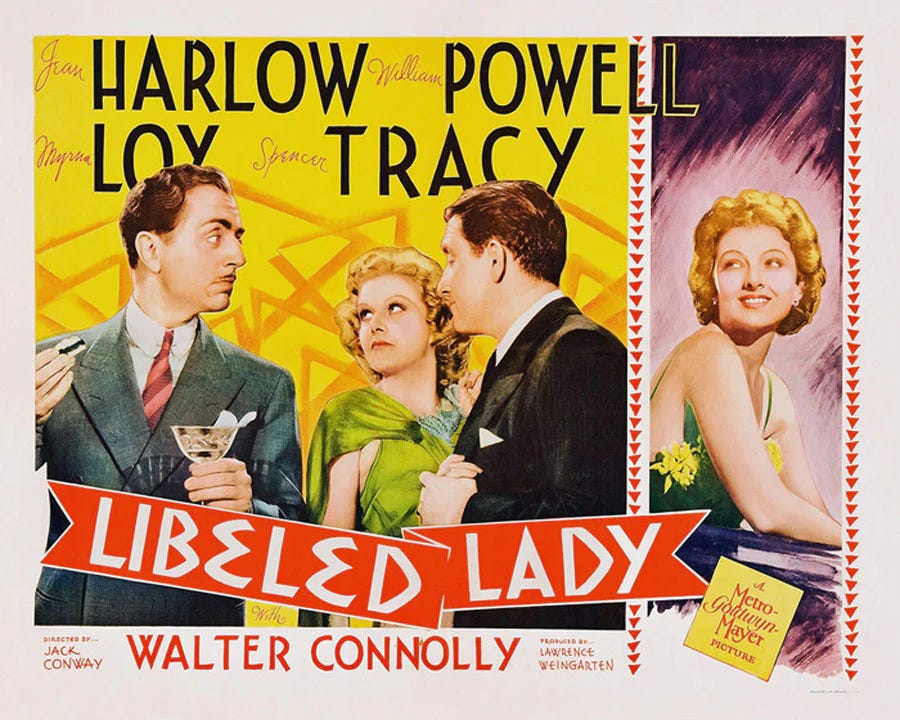
If you’re feeling guilty that you haven’t seen most of the films on the recent Sight & Sound “100 Greatest Movies of All Time” list (which I wrote about earlier this week), your best streaming friend The Criterion Channel has 56 of them available for viewing right now, including #1 pick “Jeanne Dielman, 23, quai du Commerce, 1080 Bruxelles” and three other titles from the top ten. The service also recently launched a fantastic salute to screwball comedy, with 25 classics from 1931 (“The Front Page”) to 1951 (“You Never Can Tell”). If you’re having trouble deciding, may I recommend the following? “Twentieth Century,” “It Happened One Night,” “My Man Godfrey,” “The Awful Truth,” “Holiday,” “His Girl Friday,” “The Lady Eve,” “Ball of Fire,” “Sullivan’s Travels,” and “To Be or Not to Be” are the warhorses of the genre, legendary screwballs that still hold up. Less well known but every bit as good are “Easy Living” and “Midnight” – both by my favorite underrated studio director Mitchell Leisen – the certifiably insane Preston Sturges comedy “The Palm Beach Story,” “The More the Merrier” (a film recently close to my family’s heart, as faithful readers know), and “Murder He Says,” in which pollster Fred MacMurray encounters a family of murderous hicks led by Marjorie “Ma Kettle” Main. Sort of like a studio-era version of “The Texas Chainsaw Massacre.” But funny.
One of the few items missing from the Criterion screwball festival (besides my all-time favorite, Howard Hawks’ “Bringing Up Baby”) is “Libeled Lady” (1936), a high-speed four-way farce that stars Spencer Tracy, Jean Harlow, William Powell, and Myrna Loy, the last two on holiday from “The Thin Man” series and having a ball. But, look, you’re in luck: the movie’s airing this Sunday on Turner Classics at the decidedly unholy hour of 8 a.m., so set your DVRs. There’s a sequence here in which Powell’s character goes fly-fishing in a river – he’s passed himself off as an expert but hasn’t picked up a rod in his life – that’s one of the funniest damned things I’ve ever seen. (Howard Hawks thought so, too – he swiped the scene, hook, line, and sinker, for his 1964 comedy “Man’s Favorite Sport?”)
Post-uploading note: It has been brought to my attention that “Libeled Lady” IS available on the Criterion Channel but is NOT part of the Screwball Comedy package. Which makes no damn sense, but there you are. The Watch List regrets the error.
Thoughts? Comments? Don’t hesitate to share.
If you enjoyed this edition of Ty Burr’s Watch List, please feel free to pass it along to friends.
If you’re not a paying subscriber and would like to sign up for additional postings and to join the discussions, here’s how:
One more thing: The holidays are coming, and what better gift for the movie-besotted loved one on your list than a year’s subscription to Ty Burr’s Watch List?




